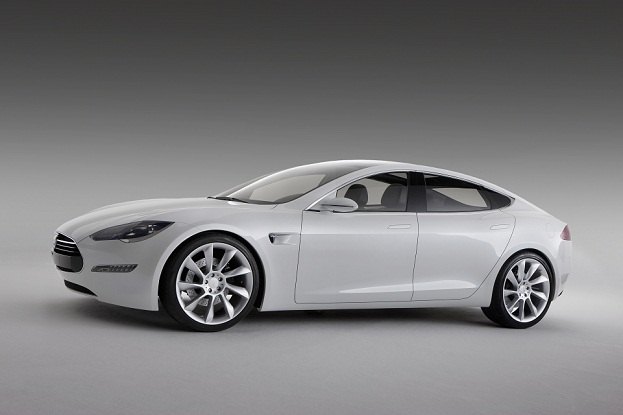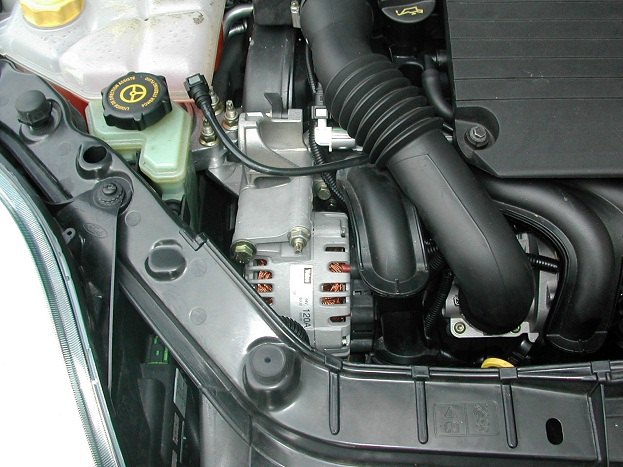Advancing Technologies for the Next Electric Vehicles
Posted on Dec 6, 2014 in Technology | 2 comments

Fully electric as well as gasoline/electric hybrid vehicles have received ridicule for being unproven and expensive. However, dedicated electric automakers such as Tesla, Coda and Fisker as well as even established car manufacturers Toyota, General Motors along with Ford are banking that they are taking short-term losses for a long-term gain. The perils that face all modern technologies, it takes ingenuity and practical rethinking to make electric vehicles a more common sight on roadways. Fortunately due to the stronger than ever interest in alternative automotive powertrains, the incentive for developing new electric vehicle technologies exists.
A level of technology advancement have begun to detract the naysayers of electric vehicles as breakthroughs and new ways to seamlessly integrate systems into modern cars.
Lithium-Iron Phosphate Battery
Exotic materials involved in electric vehicle components has been and continues to be a challenge for controlling costs as well as supplying the new automobile market. Creating an affordable lithium-ion battery, a research group for the University of Texas first approached the theory of a lithium iron phosphate-based rechargeable battery pack. Referencing the cathode material used, the use of plentiful iron immediately confronts the issues of manufacturing costs for large lithium-ion batteries.
Along with being an comparably inexpensive solution, lithium iron phosphate batteries have brought some very redeeming performance advantages over standard lithium-ion batteries. Compared to conventional lithium-ion using other forms of construction, the lithium iron phosphate enjoys a higher cycle life allowing the battery to recharge up to twice the amount of times. Containing no toxic elements as well as possessing a high thermal and chemical resistance, the lithium iron phosphate battery environmental consciousness.
While power capacity is believed to be lagging as the electrical storage technology is still being realized, lithium iron phosphate batteries is growing in usage and is already seen as attractive enough for upstart electric car maker Coda to employ. Rumours of the Chevrolet Volt using this battery construction has also been swirling but General Motors elected for manganese spinel cell design.
Regenerative Shock Absorbers
Vehicle oscillation is a common occurrence through everyday driving and it was a thought proposed a few years ago that this could become the next location for recovering electrical power. The kinetic energy generated through a vehicle’s ride offers the next best thing to regenerative braking in collecting otherwise wasted energy. Though no practical demonstration of regenerative shock absorbers is yet to be constructed for a vehicle, several universities have students proposing designs. One paper from the State University of New York claims it could draw 256 watts through regular driving.
Stop-Start Generator Technology

Automotive experts would comment the most inefficient operation of a vehicle results through idling. However, idling is a necessary evil through stop and go city driving as gasoline conventionally flows to maintain an engine’s running state. Providing an ideal solution, a start-stop generator system shuts down the gasoline engine when the vehicle draws to a standstill. Start-stop generators is also designed to swiftly reactivate the gasoline engine when power is summoned onto the accelerator by the driver. On the premise of turning the engine off, it is suggested that fuel economy could improve by as much as 10 percent.
Widely availability in European auto markets, start-stop generators are still slow in reaching the North American marketplace. Mostly full scale hybrids are the only vehicles on United States motorways that have the capacity to shut down the gasoline engine. The only major exception is the mild hybrid Chevrolet Malibu and Saturn Aura built briefly between 2007 to 2009 featured an optional alternator/generator system. However, in a very recent announcement by Ford Motor Company, an intention to introduce stop/start technology widespread into their vehicle fleet will start in the 2012 year.
Body Panel/Structural Batteries
Often utilizing a centralized location to storing the battery (perhaps playing to the conventional wisdom of one fuel tank on internal combustion-engined vehicles), the electric vehicle is starting to inspire some more inventive approaches for mechanical and electrical layouts. A study led by the Imperial College London, the process of investigating lighter body panel construction has sought a new way to incorporating battery storage in modern cars. Under this new concept, battery cells would be implanted into carbon fiber flooring or body panels. By unifying automotive paneling and battery, it to estimated that the vehicle design could weigh up to 15% less than conventional electric car battery construction.





.gif)


This electric car is awesome
Awesome technologies for next cars because these new proposals of batteries can solve the problems of a common man during everyday driving and people can attract more towards it but prices are not properly mentioned.Fuel consumption is less as compared to previous one which is good.